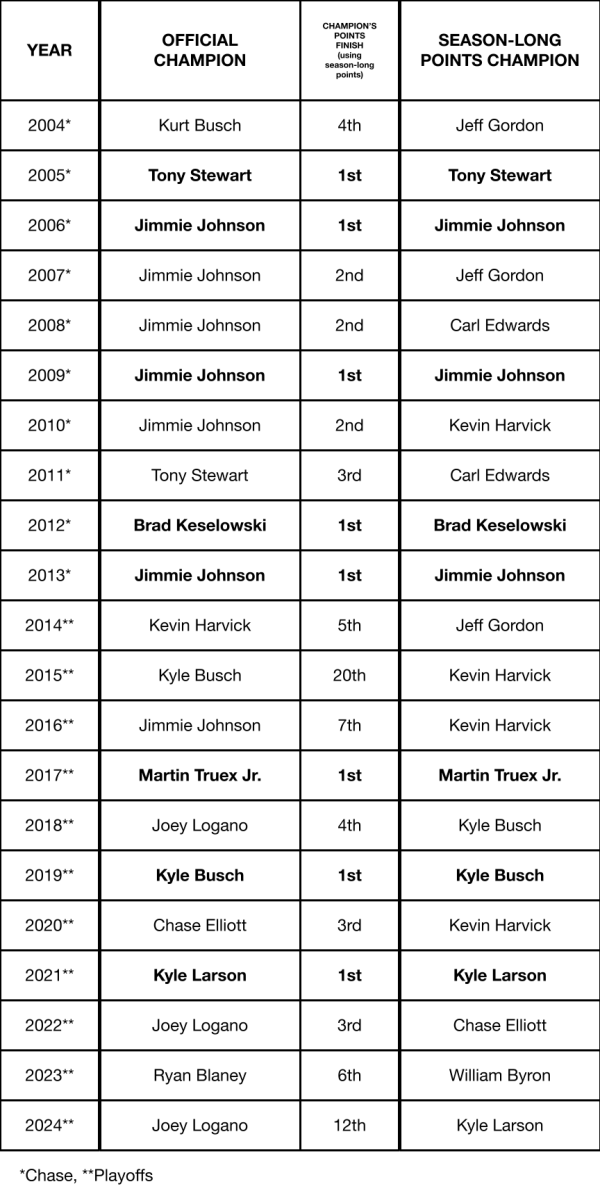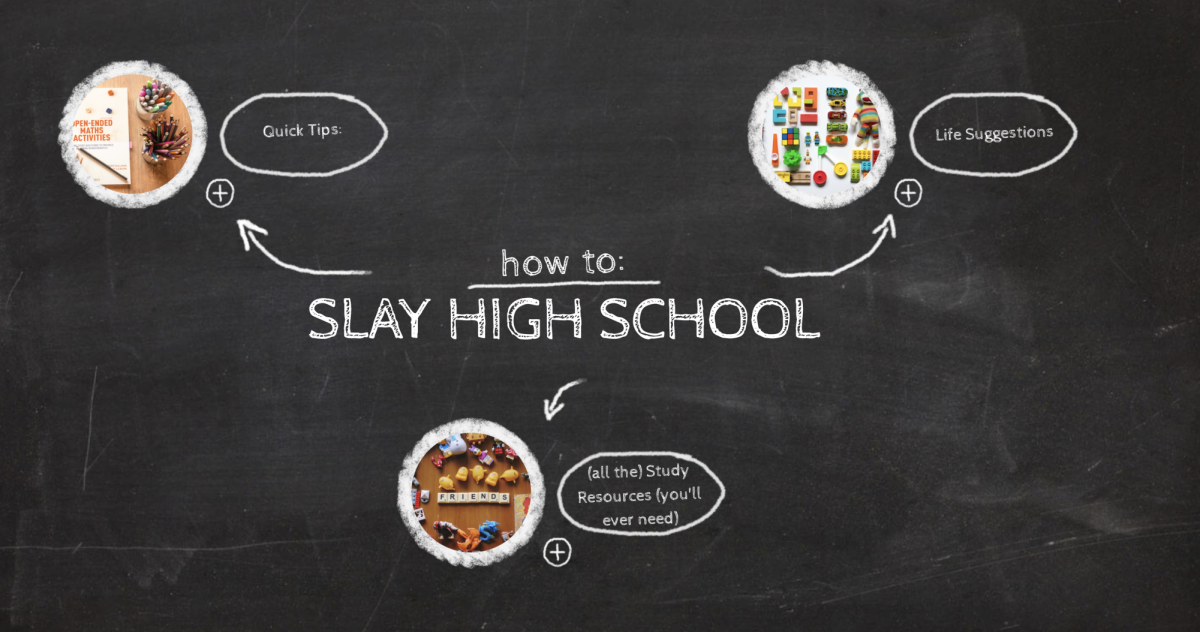Many students, myself included, have experienced scoldings for “dawdling instead of studying.” However, neurologists are backing up the students. Their research has given importance to something once deemed “lazy:” taking breaks while studying.
When you compare the amount of studying necessary to have in-depth recall of a certain subject (possibly hours) versus the average attention span of a teenager (20-30 minutes according to psychiatrist Maura Colombo) it only makes sense that students would have to take breaks while studying. However, this is not an excuse to slack off.
“I tell myself that if I can get through an hour of studying, then I can have a fifteen minute break,” senior Jocelyn Finkelstein said. Finkelstein uses the prospect of a break as motivation to stay focused.
Her formula of one hour of studying for a fifteen minute break, however, might not work for everything; the length and frequency of breaks is based upon the person and the subject they are studying.
According to Dr. Colombo rote memorization is often the hardest to hold a person’s attention, because constant repetition becomes subconscious. This is especially difficult for kinesthetic or hands-on learners because this type of studying lacks the physical interaction that best engages them. To combat this one must take breaks more often when studying in this fashion.
Unfortunately, not all popular methods of studying are supported by research. Psychologists and
Neurologists alike warn against the ever popular “all nighter.” Even though it seems most convenient this can actually hinder the memory part of the brain.
According to WebMD this is because the brain is a habitual creature, it is not very good at changing its routine. This includes its routine REM, the time in which brain activity is highest and dreaming occurs, and the NREM cycle in sleep, the lighter cycle of sleep. This cycling is like rebooting your computer and without this rest it cannot process information as efficiently.
Another popular method that research deems against will probably depress the majority of students: the last minute cram. This has less to do with the brain than it does to do with emotions. Test anxiety can be debilitating for some students. The most frustrating thing about it is that they know their information in casual
conversation but lose their knowledge when held accountable. Luckily, reducing the anxiety will likely reduce memory loss experienced during the test.
So for a more efficient study session take a break whenever your focus begins to slip and do something that isn’t very stimulating, study prior to the night before a test so you can get the same amount of sleep you normally do, and do something relaxing for ten minutes right before the test rather than cramming.



